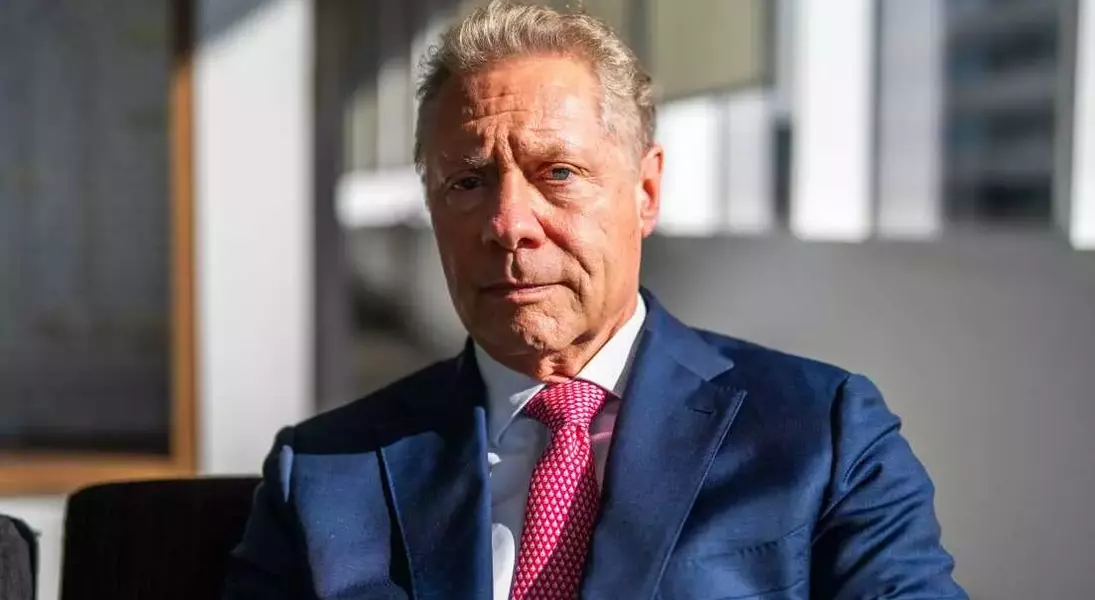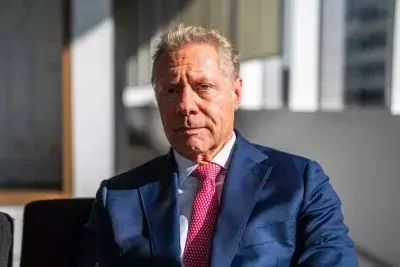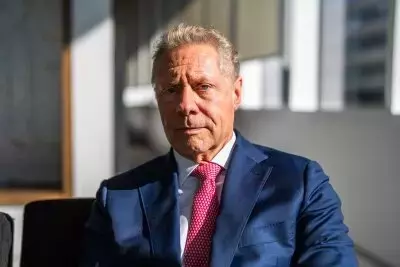




Charting a Course for Fair Global Health: Lessons from the Pandemic's Frontlines
The Genesis of a Global Vision: Equitable Vaccine Access in Early 2020
The concept of a worldwide initiative for fair vaccine distribution began to take shape in January 2020, during the World Economic Forum. As a novel virus emerged in China, then-Gavi CEO Seth Berkley recognized the potential for a global health crisis. He and his team initiated discussions on how to guarantee that, should a vaccine be developed, it would be accessible to all nations, irrespective of their economic status. This early foresight aimed to prevent a repeat of past inequities where life-saving medical advancements disproportionately benefited wealthier countries.
COVAX: An Ambitious Effort for Universal Vaccine Supply
The discussions in Davos ultimately led to the formation of COVAX, an international collaboration designed to ensure equitable access to COVID-19 vaccines. The fundamental principle involved securing large quantities of vaccines through advance purchase agreements with manufacturers, and subsequently distributing them to countries based on their population size rather than their financial capacity. This audacious plan sought to acquire vaccines that were still in development using funds that had yet to be fully secured, highlighting the immense risks and uncertainties inherent in pandemic response planning.
Evaluating COVAX's Impact: Triumphs and Tribulations in Vaccine Rollout
Between 2021 and 2023, COVAX successfully delivered 2 billion vaccine doses globally, marking the swiftest and most equitable vaccine rollout in history. Low and middle-income nations received their first COVAX doses shortly after the initial vaccinations in wealthier countries, achieving a primary dose coverage of 57% in the 92 poorest nations. However, the initiative faced significant hurdles, including "vaccine nationalism" where wealthy countries hoarded doses, export restrictions, and supply chain disruptions. These challenges resulted in significant delays, particularly in the lowest-income countries, where only about 1% of the population was vaccinated in the first year.
Navigating Obstacles: The Challenge of Vaccine Nationalism and Supply Chains
A major setback for COVAX occurred when a key supplier, the Serum Institute of India, halted international shipments due to an export ban imposed during a severe COVID-19 surge in India. This decision, driven by domestic health priorities, led to a deficit of 600 million doses for COVAX. While critics accused COVAX of over-reliance on a single supplier, Berkley emphasizes that the organization pursued agreements with numerous manufacturers. However, the widespread procurement by high-income countries limited COVAX's ability to secure additional deals, underscoring the fierce competition for vaccine supplies during the pandemic.
Future-Proofing Global Health: Recommendations for Enhanced Preparedness
Drawing on the experiences of COVAX, Berkley outlines several critical steps for improving global pandemic preparedness. Key among these is the establishment of dedicated funds for immediate vaccine procurement at the onset of a pandemic, ensuring early access to supplies. He advocates for a collaborative network approach involving various global health organizations and civil society groups. Furthermore, expanding and diversifying vaccine manufacturing capabilities, especially in regions like Africa, is crucial to bolstering production capacity and ensuring more geographically dispersed supply chains.
Addressing Misinformation and Rebuilding Trust in a Post-Pandemic World
Despite the lessons learned, Berkley expresses concern that the world is currently less prepared for another pandemic than it was in early 2020. A significant challenge lies in combating the rampant misinformation and disinformation surrounding vaccines and public health, often propagated by various actors. He argues that traditional methods of countering such narratives through local experts are undermined when influential figures question scientific consensus. Additionally, cuts to foreign aid and global health institutions have further weakened the infrastructure necessary for an effective international response. Berkley stresses the importance of adhering to scientific principles, transparent communication about uncertainties, and rebuilding trust in expert guidance to effectively navigate future health crises.
